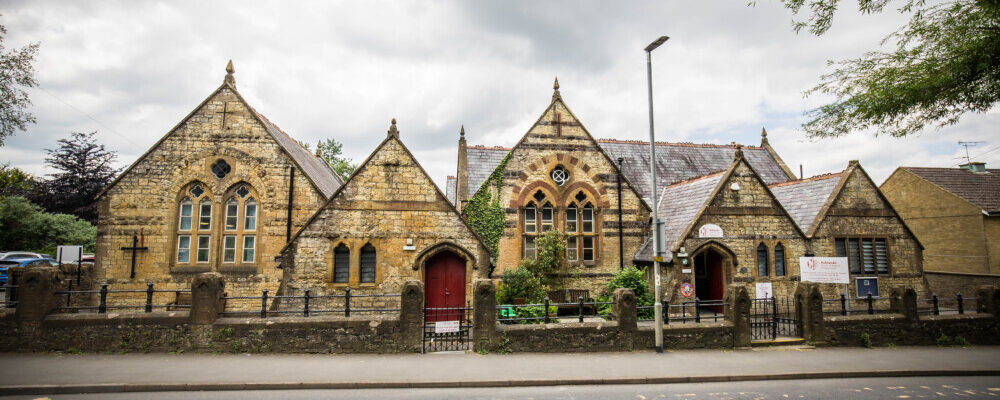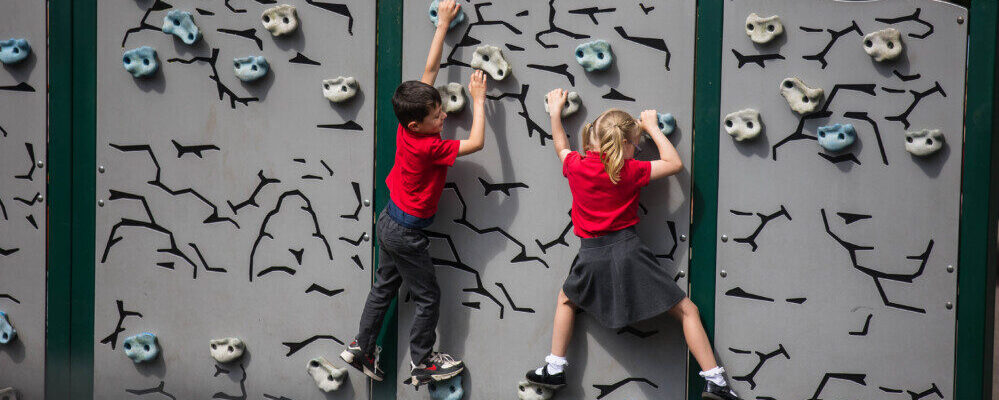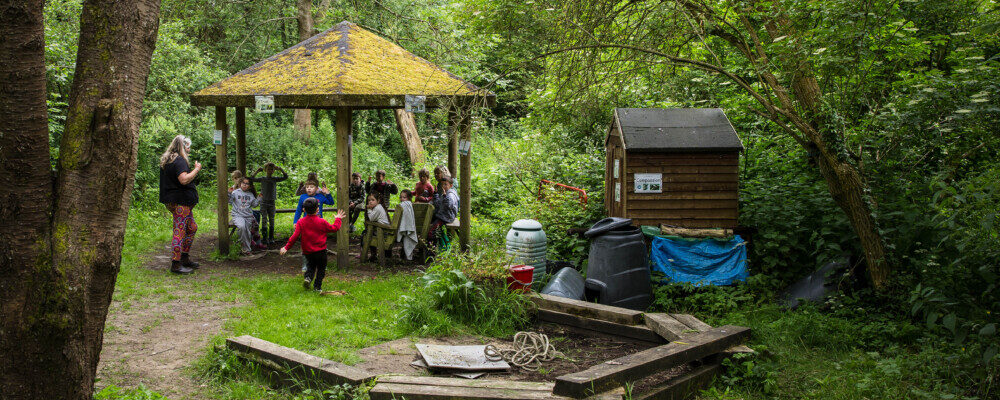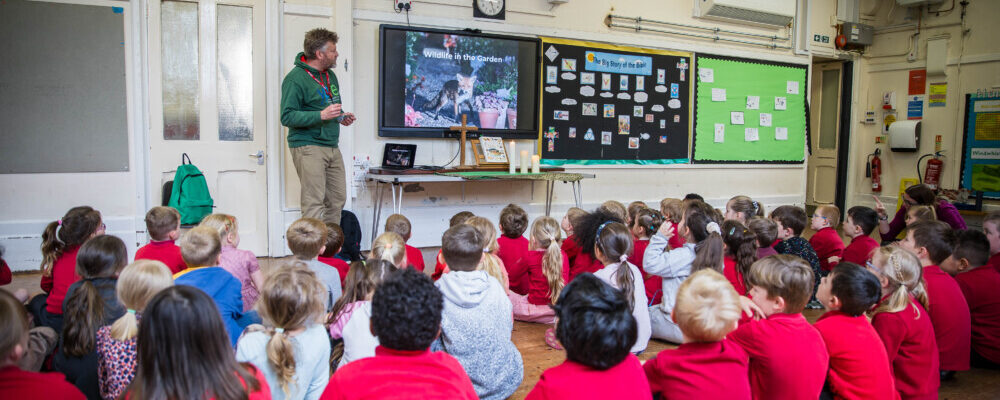Geography
INTENT
At Ashlands Primary School, our Geography curriculum aspires to cultivate a love of life, love of one another, and a deep appreciation for the world around us. Through nurturing curiosity and fascination about the Earth and its people, we encourage children to engage meaningfully with the complexities of the world—its beauty, diversity, challenges, and interdependence.
Geography enables children to reflect on their place in the world and their responsibilities within it, fostering a sense of spiritual connectedness, stewardship, and wonder. Our aim is for pupils to develop a life-long respect for nature, people, and cultures, helping them to grow into thoughtful, compassionate citizens who can live life in all its fullness.
IMPLEMENTATION
At Ashlands Primary School, our Geography curriculum is shaped by our school vision, which seeks to enable all children—regardless of background, ability, or additional needs—to flourish and become the very best version of themselves.
Geography is delivered through a carefully structured programme as identified in our two-year rolling plan. This ensures that all children in mixed-age classes build on prior learning, continually developing their knowledge, skills, and love of learning. Statutory requirements are grouped under key geographical skills:
- Locate
- Explain
- Analyse/Interpret
- Identify
- Describe
- Make judgements
These categories allow teachers to design skill-rich and knowledge-based learning experiences that are responsive to children’s interests and prior understanding.
Spiritual development is fostered through opportunities for awe and wonder—in the study of natural landscapes, cultural traditions, and the power of the environment. Our local area is fully utilised, with outdoor learning and fieldwork experiences giving pupils a deeper, lived understanding of their connection to the world around them.
School trips, outdoor learning, and real-world exploration enrich pupils’ understanding and stimulate reflection on the beauty, fragility, and diversity of our planet. Spirituality is woven into reflective discussions about climate change, social justice, and human impact—supporting children to become stewards of the Earth.
Cross-curricular connections are planned for with meaningful links to English, guided reading, and other subjects. Vocabulary development is also a key focus, enabling children to speak confidently and think critically about geographical concepts and issues.
IMPACT
At Ashlands Primary School, the Super Six values underpin all learning. In Geography, children are supported to show:
- Friendship, trust, and forgiveness when collaborating with peers,
- Aspiration and independence when investigating and analysing geographical issues,
- Compassion and respect when learning about diverse people, cultures, and communities around the world.
By the time children leave Ashlands, they will have:
- A solid knowledge of where places are and what they are like,
- An understanding of how places are interconnected and how human and physical environments affect one another,
- A strong base of geographical vocabulary and skills,
- The ability to apply geographical enquiry techniques, including analysis, questioning, and clear presentation,
- The capacity to form reasoned, reflective opinions about the world’s most pressing issues,
- First-hand experience of fieldwork and outdoor learning,
- A passion for Geography, rooted in awe, empathy, and a desire to care for the world,
- A deep and lasting curiosity about the Earth and its people, supporting their growth into informed, responsible global citizens.
Their learning will contribute to their ability to live life in all its fullness, with an enriched understanding of their place in the world, their responsibility to others, and the value of every culture and community.
Progress is tracked using foundation subject assessment grids. These ensure children’s attainment and next steps are known by all staff and inform future planning. All children are monitored through a robust tracking system, and teaching is adapted to support and challenge them appropriately.
Assessment data will be used to:
- Inform parents during parent evenings and end-of-year reports,
- Guide discussions between staff and SLT during pupil progress meetings,
- Ensure that all children continue to progress toward ARE and greater depth (GD) as appropriate, equipping them with the skills and mindset for secondary school and beyond.
Across a unit of work in Geography lessons, the SLT would expect to see:
- Teachers and support staff using precise, reflective, and thought-provoking questioning
- All children accessing age-appropriate geographical content, with differentiation as needed
- Confident use of geographical vocabulary by staff and pupils
- Regular fieldwork and exploration, using the school environment and local area
- Children recording learning in Geography books through a variety of tasks and formats
- Ongoing feedback and formative assessment, using the agreed marking policy
- Children encouraged to self-assess and reflect on their learning and how it connects to their understanding of the wider world
The 2014 National Curriculum for Geography aims to ensure that all children:
develop contextual knowledge of the location of globally significant places – both terrestrial and marine – including their defining physical and human characteristics and how these provide a geographical context for understanding the actions of processes
understand the processes that give rise to key physical and human geographical features of the world, how these are interdependent and how they bring about spatial variation and change over time
are competent in the geographical skills needed to:
collect, analyse and communicate with a range of data gathered through experiences of fieldwork that deepen their understanding of geographical processes
interpret a range of sources of geographical information, including maps, diagrams, globes, aerial photographs and Geographical Information Systems (GIS)
communicate geographical information in a variety of ways, including through maps, numerical and quantitative skills and writing at length.







